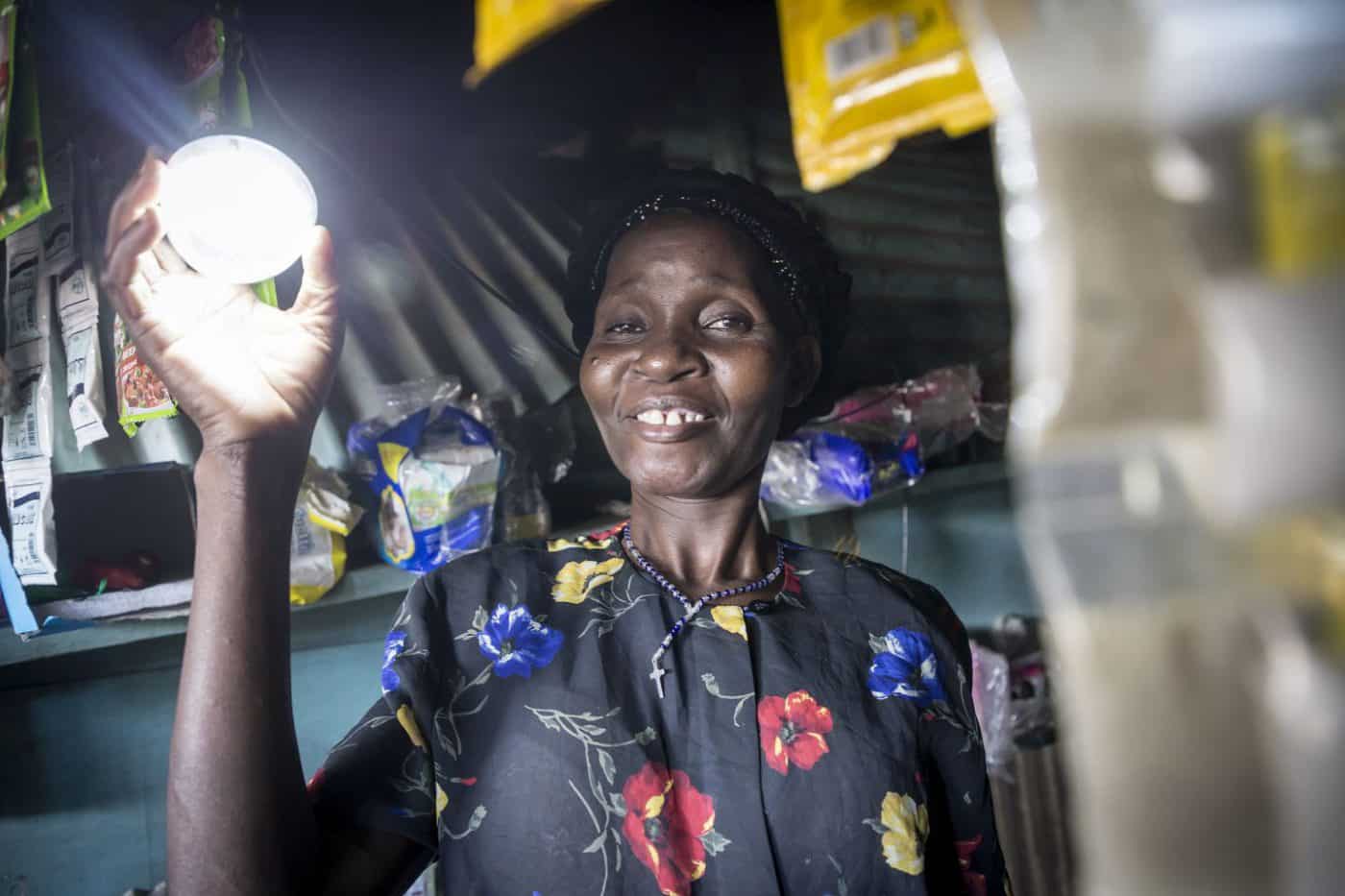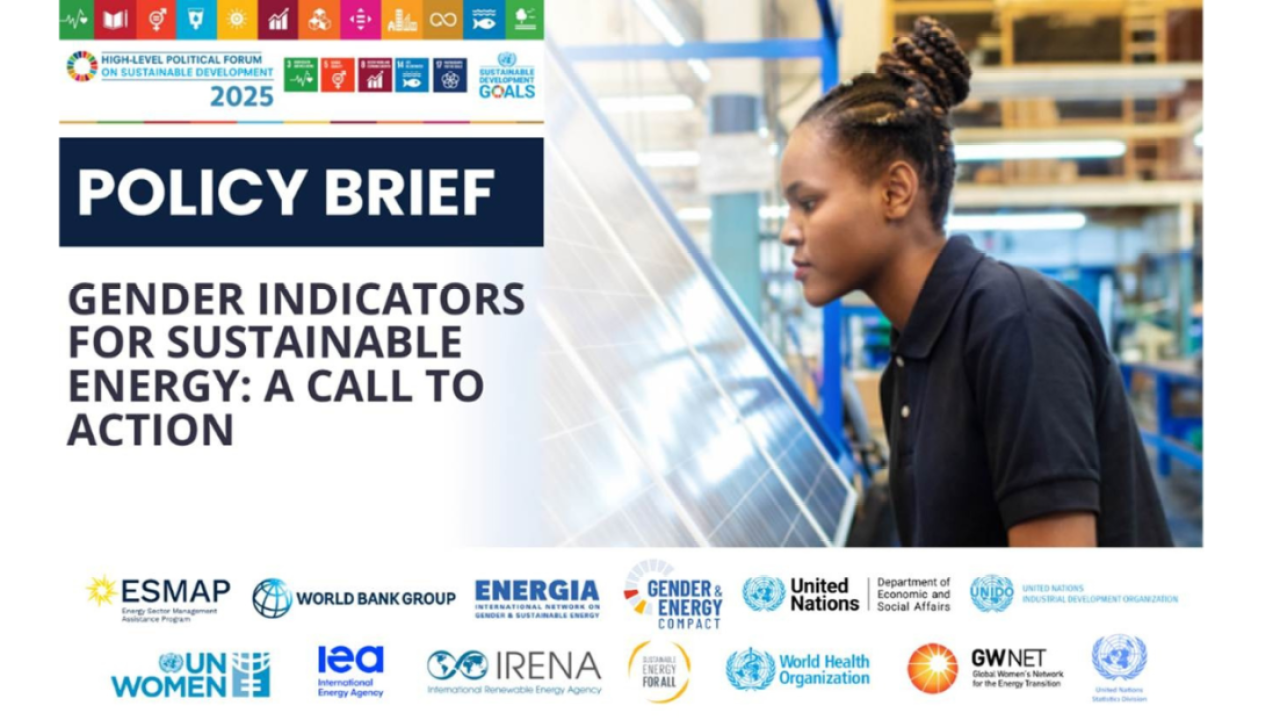Gender in SDG7: Closing the knowledge gap
Date and Time: Monday, July 9 – 13:15-14:45 (EDT)
Location: UN DESA Secretariat Building S-2727
Access to modern energy services is crucial to transforming the lives of women and men in developing countries. Furthermore, women as change agents play a significant role in bringing about the global energy transition. The ENERGIA Gender and Energy Research Programme, funded by the UK Department for International Development (DFID), has collected empirical evidence to support gender approaches to be an enabler not only for reaching universal access to energy, but also for poverty reduction and overall sustainable development.
In the context of the High Level Political Forum, ENERGIA and DFID are hosting a side event with the aim to inform the ministerial and multi-stakeholder dialogues at the HLPF with evidence and lessons on the interlinkages between SDG 5 on gender and women’s empowerment and SDG 7 on energy. More specifically, it will look into the impacts of energy access on women and girls and why taking a gender approach leads to better and more inclusive outcomes.
The event will convene a high-level panel of researchers from the ENERGIA Gender and Energy Research Programme, who will present empirical findings from their research and the policy implications and recommendations relevant for the achieving SDG 7. Policy makers, researchers, practitioners and civil society organisations will provide insights on implications of the evidence for concrete policy actions.
Download the event brochure here.
The High Level Political Forum is the central platform of the United Nations to follow up and review the 2030 Agenda of the Sustainable Development Goals, and SDG 7, which seeks to ‘ensure universal access to affordable electricity by 2030’, is among the goals which will be reviewed at the Forum taking place from the 9-18 July 2018 in New York. The theme of this High-Level Political Forum 2018 is “Transformation towards sustainable and resilient societies“.







